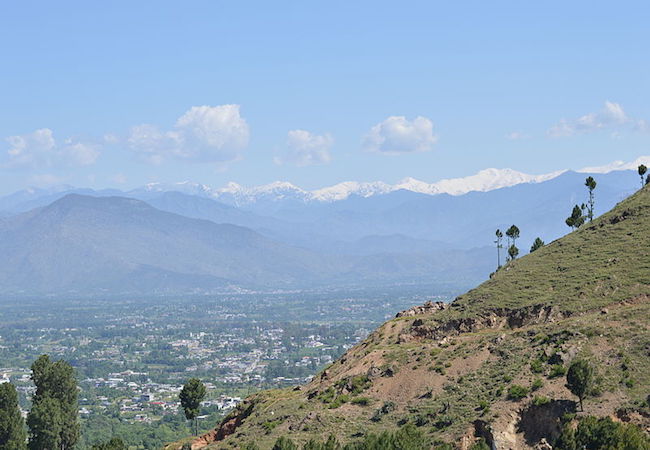
By Sadia Kazmi
The recent episode of Chotu gang and Punjab Police is a harsh reminder to the state and to the whole nation about how fragile the internal security situation of Pakistan is. Not just that but also how incompetent and ill-equipped our security forces are, to effectively and in time neutralize such elements. Specifically the embarrassing display of incompetency and lack of proper planning on part of Punjab police along with the elite force, counter terrorism department (CTD) and paramilitary Pakistan Rangers Punjab in the recent debacle with the gang of dacoits, where they could not capture the relatively untrained goons, despite being supposedly formally trained themselves, raises a lot of questions about the very credibility of security forces which are responsible to look after the internal security and law and order situation of the state. It wasn’t just the failure of the police department but also a wakeup call about the deteriorating condition of important state institutions. Despite being much bigger in number the security forces had to face aggressive resistance at the hands of gang members, who were able to kill 7-10 police officials while holding 25 of them as a hostage, and still could not retrieve their companions nor could capture the gang members after a continuous exchange of fire for 17 days. The fact that they incurred heavy casualties in the process without achieving any success not only brought physical damages but became a source of humiliation for the police force. The gang eventually reportedly surrendered when Pakistan army was called in for the assistance. However it points to a number of weaknesses and glitches in the state infrastructure, and the dire need for the overhauling of security forces and institutions.
Zarb-e-Ahan was the sixth operation by Punjab police against this gang since 2011. It is yet another pointer to the ineptness on their part that despite concurrently confronting this gang they still couldn’t work out an effective operational strategy and instead made it into a constant state of routine fight. Also after allowing it to flourish and grow from 2007 to 2011, it was only inevitable that the gang would have fortified itself sufficiently. The intentional delays and oversights are indicative of condoning the crime and hence abetting it with an only obvious outcome of compromising on state’s security.
Upholding the writ of the state and not comprising on the law and order situation are no brainers but are continuously being taken for granted and seem to be at the bottom of their list of vested interests. Politicians, state authorities and security personnel all seem to be so busy in getting the maximum share of the pie that this only always leave us with one option and that is army, fortunately or unfortunately the only “functional institution” of Pakistan. This is probably the reason why it still enjoys respect of the common people and even the criminals in this particular case who reportedly surrendered because they had the respect for army and did not opt to put up a fight against them. However it is also to be kept in mind that army is already too over stretched in various operations and should not always be taken for granted. Instead immediate institutional reforms and implementation of new governance policies is the real need of time. Law enforcement agencies should be made stronger and functional while corruption should not be tolerated at any level. Accountability procedures should be made credible by introducing strict punitive measures.
While having no sympathies for the gang leader and his members, it is still important to follow the right procedure, which would be to give them fair chance and trial in the court. As per the reports, Ghulam Rasool, the gang leader, had previously been working as a security guard for the PML-N MPA Atif Mazari for three to five years in Rohjan and also for the Punjab Police as an informer till 2007 against the criminals in Rajanpur and Muzzaffargarh districts. It is believed that he parted ways and created his own gang because of some unknown differences with the police. However as per Ghulam Rasool’s account, it was the fake cases registered against him that made him resort to criminal activities. This also points to the societal differences and class stratification which allows for the disgruntled factions of the society to resort to immoral alternatives. In the absence of any credible law and justice, it becomes the only option available to them.
Even if there were differences, he shouldn’t have been allowed to carry on with his activities. A former ally should have at least been slightly easier to keep a check on. But keeping the eyes shut and letting the things happen under their nose, out of callousness and lack of will to enforce law and order, allows for such elements to grow into bigger demons, and that’s exactly what happened in this case. Either his grievances should have been addressed right there and then or he should have been disallowed from freely accumulating strength. The police department’s lassitude in such matters clearly points to the corrupt practices which are so abundant that the complete overhauling from top to down is the only way out. Otherwise it could be anybody’s guess that the weak law and order will keep instigating the growth of several more Ghulam Rasools and Chotu Gangs.




